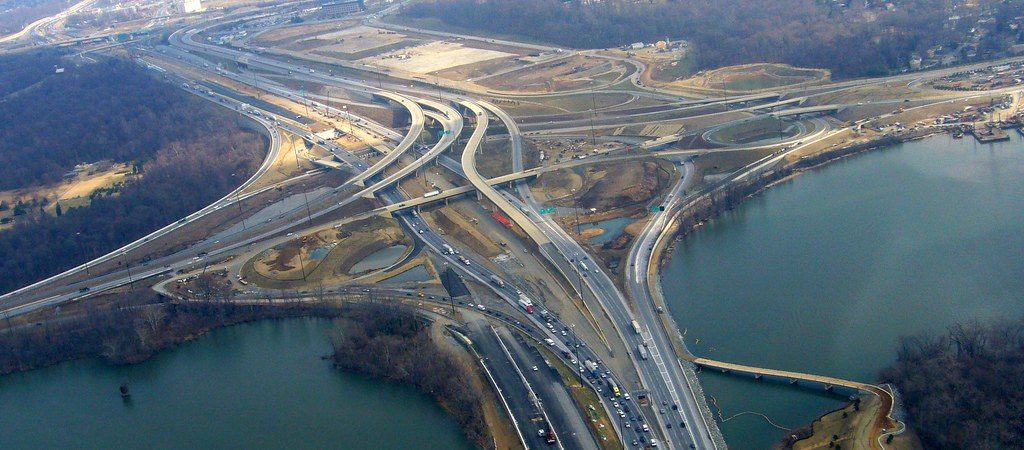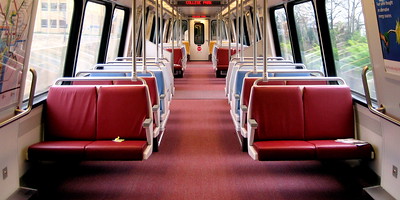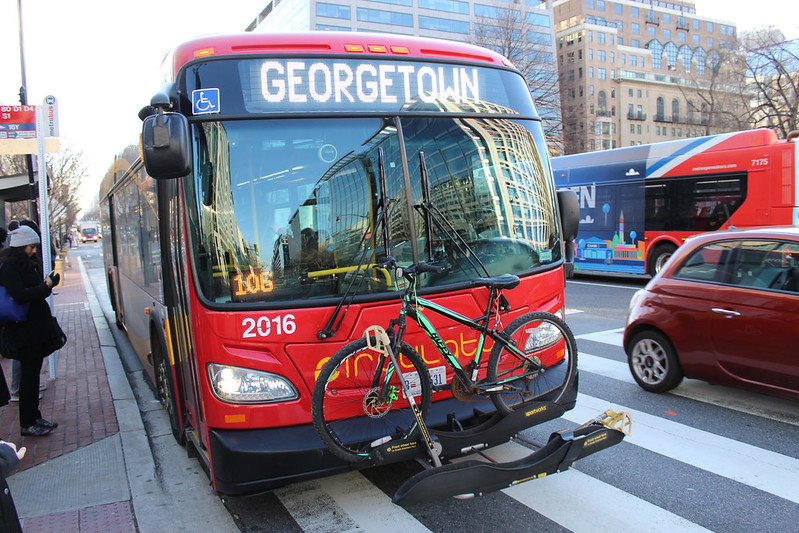
Last Friday, the Maryland Department of Transportation released an 18,000 page draft environmental impact statement (DEIS) on Governor Hogan’s plans to expand the Capital Beltway (I-495) and I-270 with private toll lanes. The study details the impacts on air, water, parks, noise levels, traffic, and more. The DEIS is available to read here.
More than 140 acres of public parks and historic sites, as well as 70 acres of wetlands and 1,400 acres of forest canopy, could be affected. We’ve said from the beginning that Governor Hogan began with the conclusion, and failed to consider a comprehensive transit, demand management, and land use option. Maryland has committed to reducing greenhouse gas emissions, yet toll lanes will fuel more long-distance living and commuting.
It’s overwhelming, but there’s still plenty that you can do to help. Here are three easy ways:
1. Sign up for a virtual or in-person public hearing.
2. Tell Maryland to extend the comment period to 120 days.
3. Sign up to be a community reviewer — no experience required!
At first, Governor Hogan claimed the project wouldn’t cost taxpayers a dime due to the public-private partnership (P3) structure. Now, the DEIS finally admits that the project could require a government subsidy up to $1 billion. Imagine if Maryland invested $1 billion in sustainable transit and transit-oriented development instead. That cost doesn’t even include the costs imposed directly on residents: water bills could nearly triple in Montgomery and Prince George’s Counties due to water and sewer relocation.
We’ll continue to keep you updated and work on this issue with our partners, including the Maryland Advocates for Sustainable Transportation (MAST) coalition. You can visit MAST’s website and follow us on Twitter and Facebook for the latest news.




